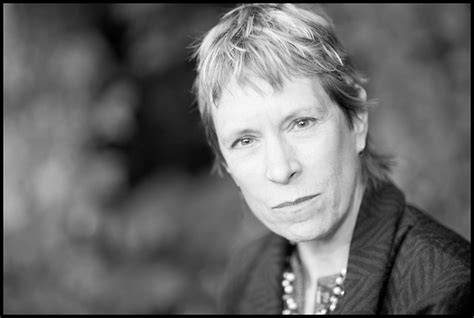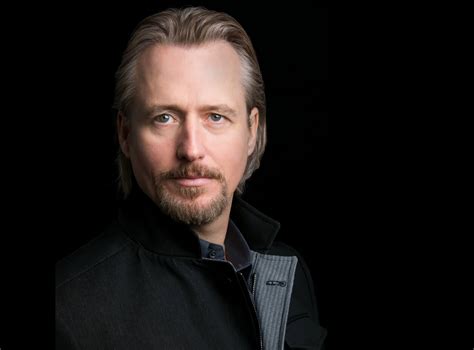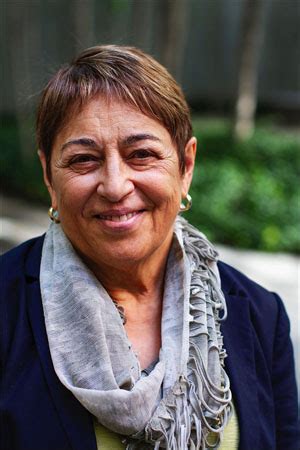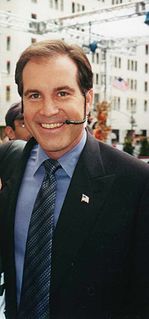A Quote by Chase Twichell
Seeking the Cave is part travelogue, part literary history, and part spiritual journey. James Lenfestey is a lively and entertaining tour guide. Modest, funny, curious, and wide open to the world, he gives us perceptive glimpses of Chinese culture, ancient to contemporary, and into what it means to be a poet, both now and twelve centuries ago. The account of his quest to find Han Shan's cave is a delight from beginning to end.
Quote Topics
Related Quotes
Part of me wanted to disappear into a cave in India, and I did end up going on retreats there, but, don't ask me why, I always felt very strongly that the point for me was to find a way to live a truly spiritual life in the modern day world and be able to work with all the positive aspects of our cultural and technological advancements.
Literature is love. I think it went like this: drawings in the cave, sounds in the cave, songs in the cave, songs about us. Later, stories about us. Part of what we always did was have sex and fight about it and break each other’s hearts. I guess there’s other kinds of love too. Great friendships. Working together. But poetry and novels are lists of our devotions. We love the feel of making the marks as the feelings are rising and falling. Living in literature and love is the best thing there is. You’re always home.
In Western culture, there's a dichotomy between the easy narratives of God and the Devil. I now believe in this greater overarching spiritual thing. We are the light and the dark, and have to own the darkness. It's part of us. It's not evil. It's needed. You need to own both of them to be whole. Absorb it, and live it as part of your life.






































